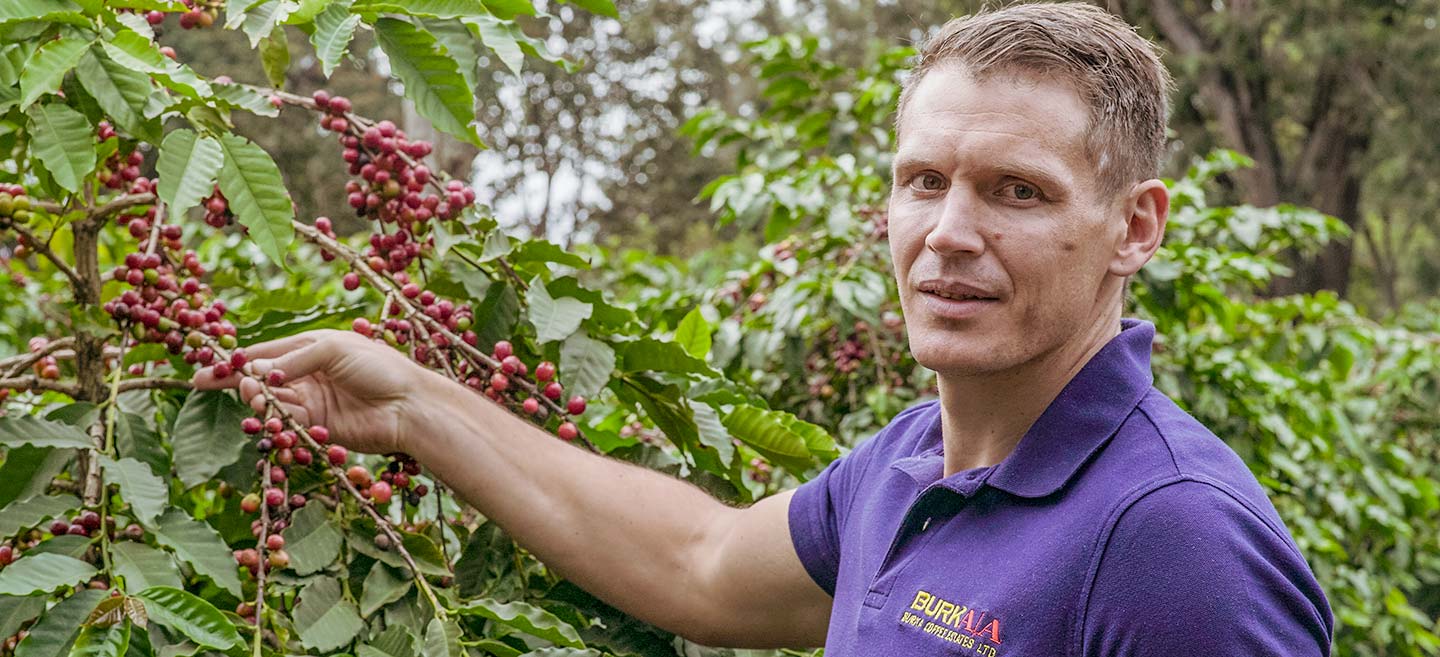
With Coffee, Local Community in Tanzania Shines Bright and Thrives
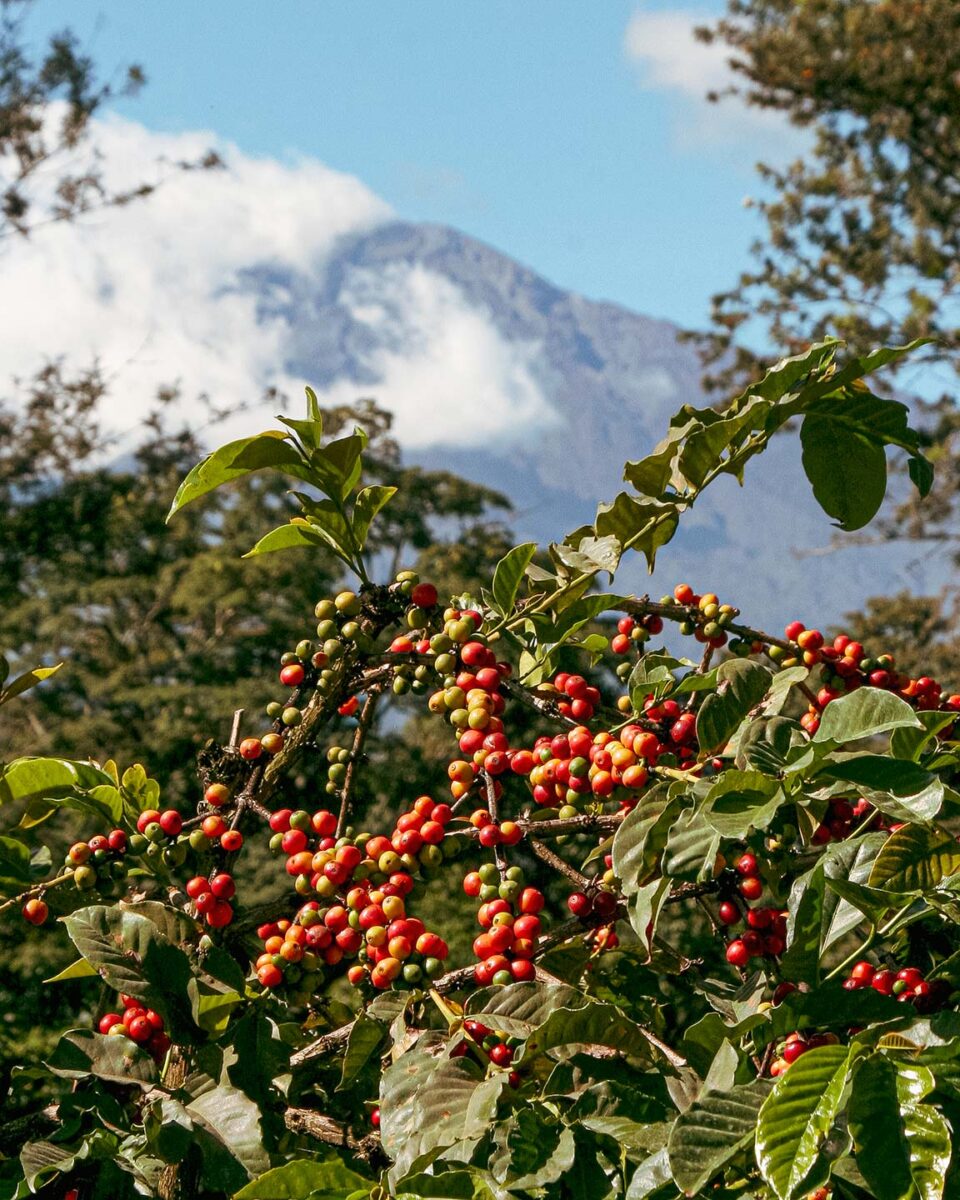
Arusha, northern Tanzania, is famed for its high-quality coffee. Located in this border region near Kenya, Mondul Coffee and Burka Coffe are particularly well-regarded, with clients in Europe and Japan singing their praises. Over the decades, these estates have honed their production techniques and implemented effective quality control systems while also working in harmony with nature. In 2017, Mondul joined Burka, and the two estates have been under the same management since. Together, they employ a total of 500 permanent workers. And the man at the center of this large organization is general manager Dean Peterson.
Originally from Arusha, Dean is well-versed in the ins and outs of the local community. He holds a diverse range of responsibilities at the estates, including farm operations, agronomy, staffing, sales, financing, and even important decisions like facility investment. Prior to 2016, Dean worked in the tourism industry, but has since transitioned to the coffee industry. We spoke with him to learn more about his motivations for this career change and his goals in the coffee industry.
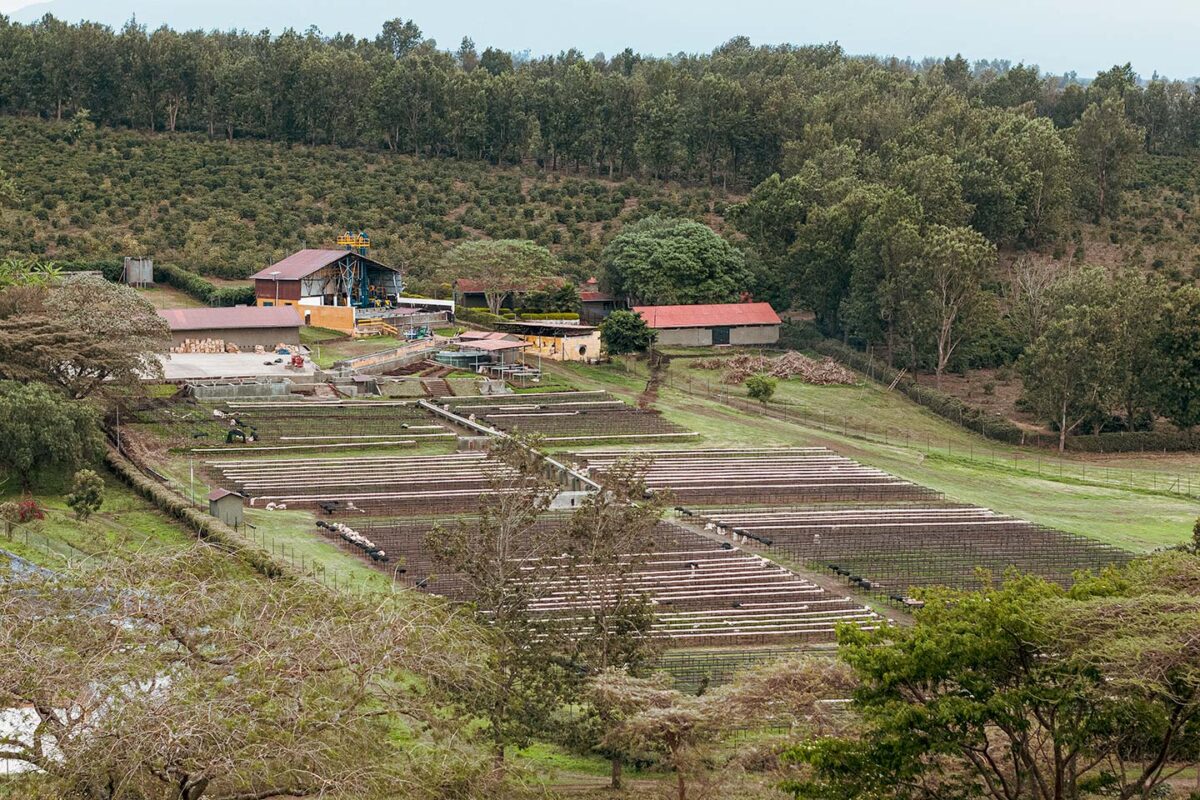
Providing avenues for proactive growth
Mondul Coffee was established by Italians on the slopes of Monduli Mountain in the early 1930’s. The estate won top prizes in competitions organized by the Tanzania Coffee Association in 1999 and 2001, as well as fifth- and third-place finishes in 2020 and 2021, respectively. Burka, which was founded by Germans in 1899 and has been passed down through the generations, is closer to a city with abundant water sources, making it resistant to drought. Both estates, each with its own wet mill, operate independently under Dean’s leadership.
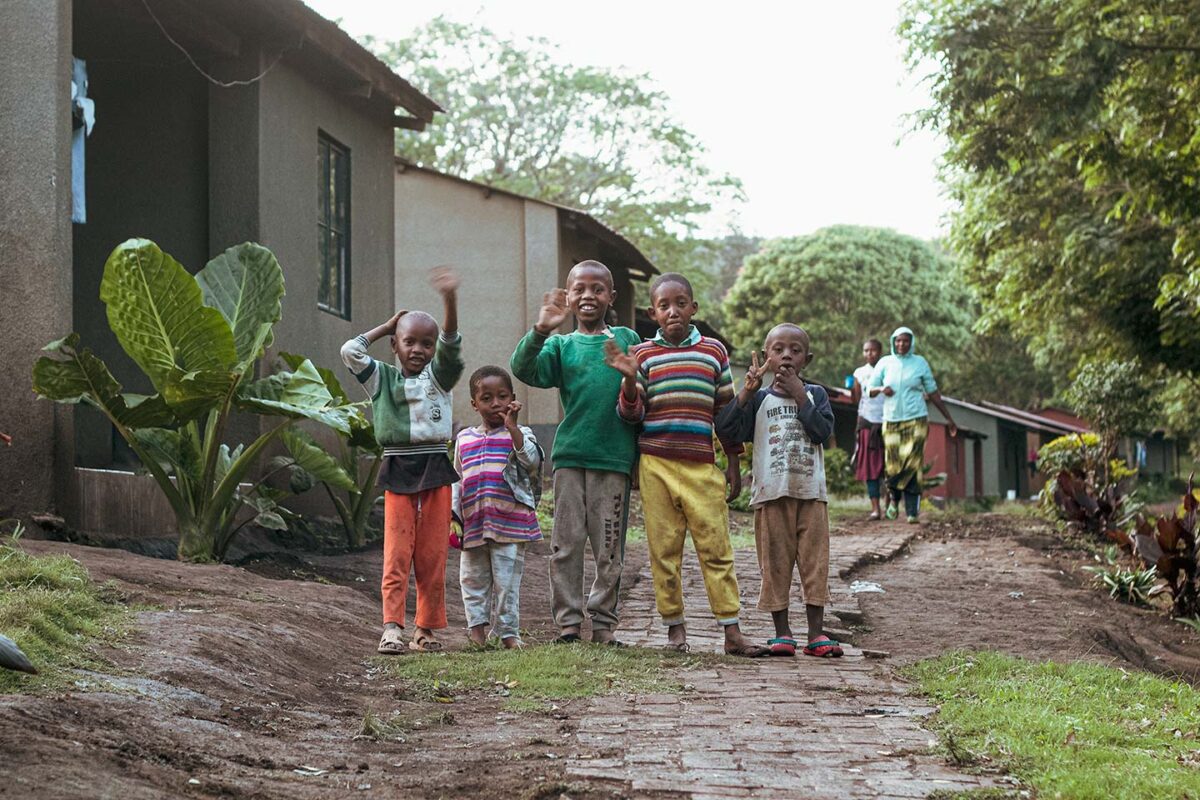
One notable program at both estates is the staff housing, which greatly improves the quality of life for workers. This program is available to the majority of employees, including management. Residents have free access to education and health care, with places of worship and sport and recreational facilities also on the premises. When recreational events are organized, entire households take part. In this way, each estate functions like its own self-contained village.
“Providing on-site housing at the farms has numerous benefits,” Dean says. “The short commute means that employees can arrive on time and get straight to work. More importantly, it helps to foster a sense of unity, community, and togetherness among everyone at the estates. This has created the close-knit community we have here.”
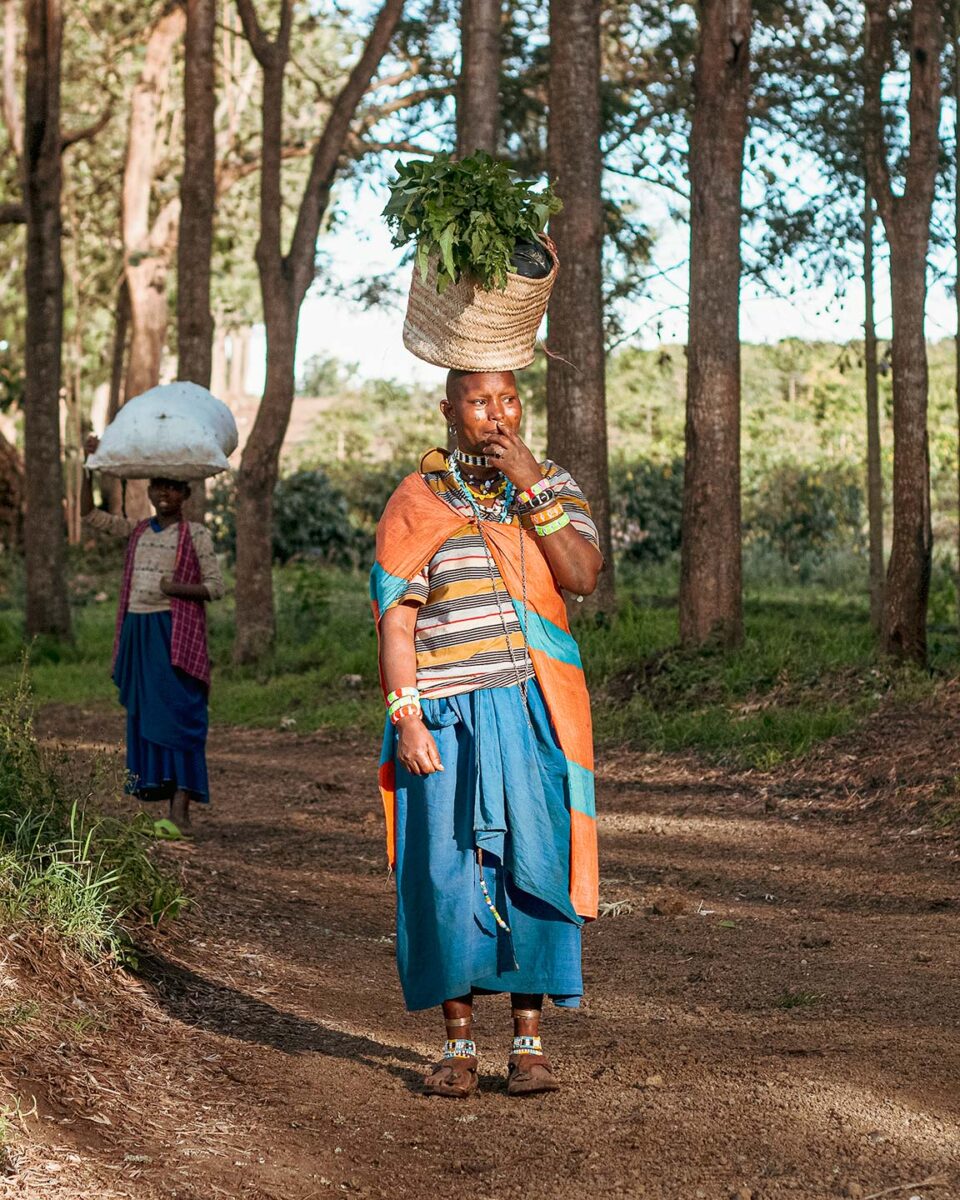
The sense of community at the estates extends beyond work. Here, employees are encouraged to pursue personal and professional growth opportunities. One example is the recent launch of a dairy farming project, in which the company provides cows to coffee producers on the condition that they care for the livestock responsibly. This project helps stabilize the finances of participating families by providing a secondary source of income through the sale of milk.
“Despite being a relatively new initiative, the dairy farming project has already proven to be a huge success. I’m proud to see the positive results. The reason for its success is that it’s a mutually beneficial endeavor for both management and employees. The employees are able to earn additional income, while the company collects cow manure to use as organic fertilizer on the coffee farms. Everyone involved stands to gain from this project.
One cow produces approximately 10 tons of manure a year. We hope to have a herd of 120 to 150 cows within the next five years. And the timing for this project is also favorable, because the price of fertilizer has skyrocketed since Russia’s invasion of Ukraine. By raising cows for dairy and using their manure as organic fertilizer, we can save on costs and improve the sustainability of our farming operations.”
Under another project, farmers are given farm land on the estates and can grow a crop of their choice there. For this program, the company set aside around 200 hectares of land on Mondul and Burka. When the farmers require field inputs or ask for agronomy workshops by experts, the company accommodates their requests. Recently, they have started yet another project, this time beekeeping, by installing beehives on the estates. This will also have a mutually beneficial relationship, as it will create a source of income for the employees as well as increase biodiversity and pollination of the coffee estates.
“Community, as we define it, isn’t just about handing out paychecks and places to live. Creating business chances, even if small, is also a vital role of a community. What we are working toward is a place where everyone can work with a sense of pride in what they do. Because we believe that is the path to a better future for their children and long-term sustainability for the farms.”

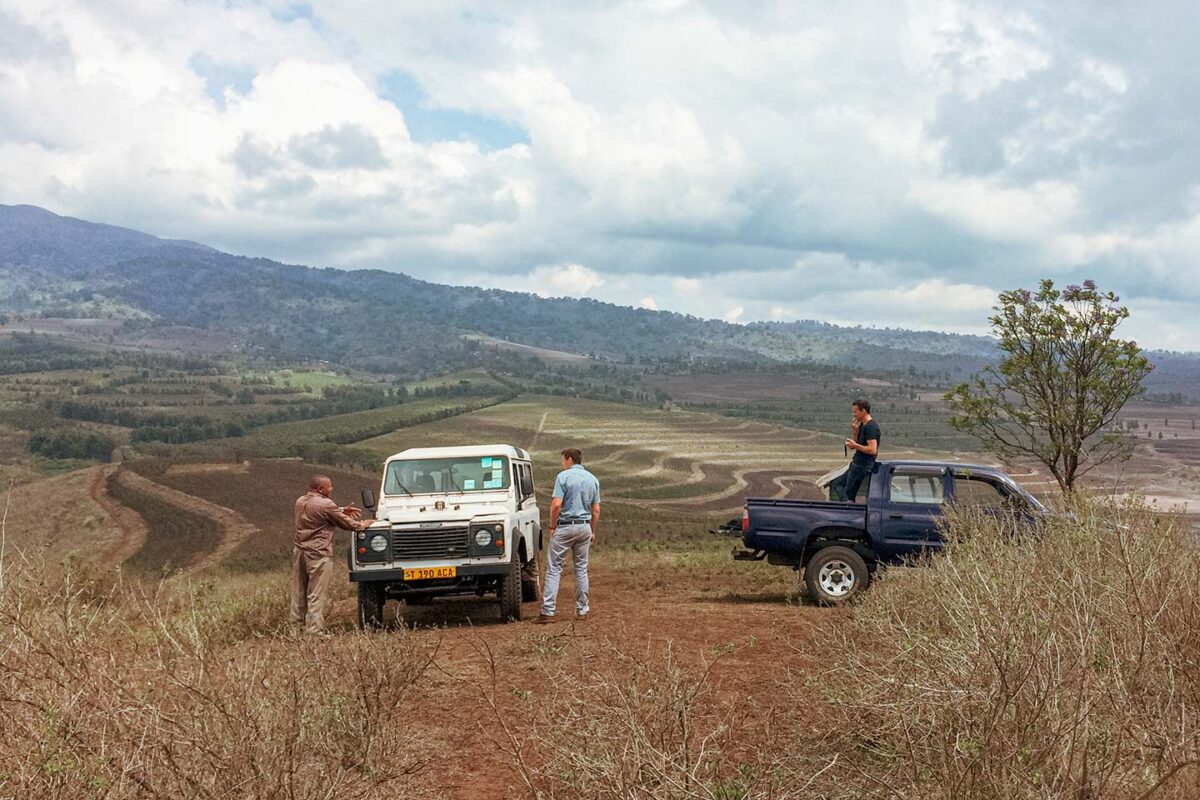
Trust takes work
The northern region of Arusha serves as an entryway on safari tours of Ngorongoro Conservation Area and Serengeti National Park. Tourism is the key driver of the local economy. Dean used to work at his father’s company that organized safari tours.
In 2016, Dean had a career-changing moment when he saw that Mondul and Burka were looking for a new manager. The name Burka held special significance for him, as he had spent his childhood biking around the area. Without hesitation, he applied for the position.
“I wanted to try something completely new and broaden my horizon. I thought to myself, ‘As long as my father is alive and well, I can venture to try something else.’ I was fortunate to have a brother and cousins who were willing to take over the family business, too. So there was no reason for me to not take the risk.”
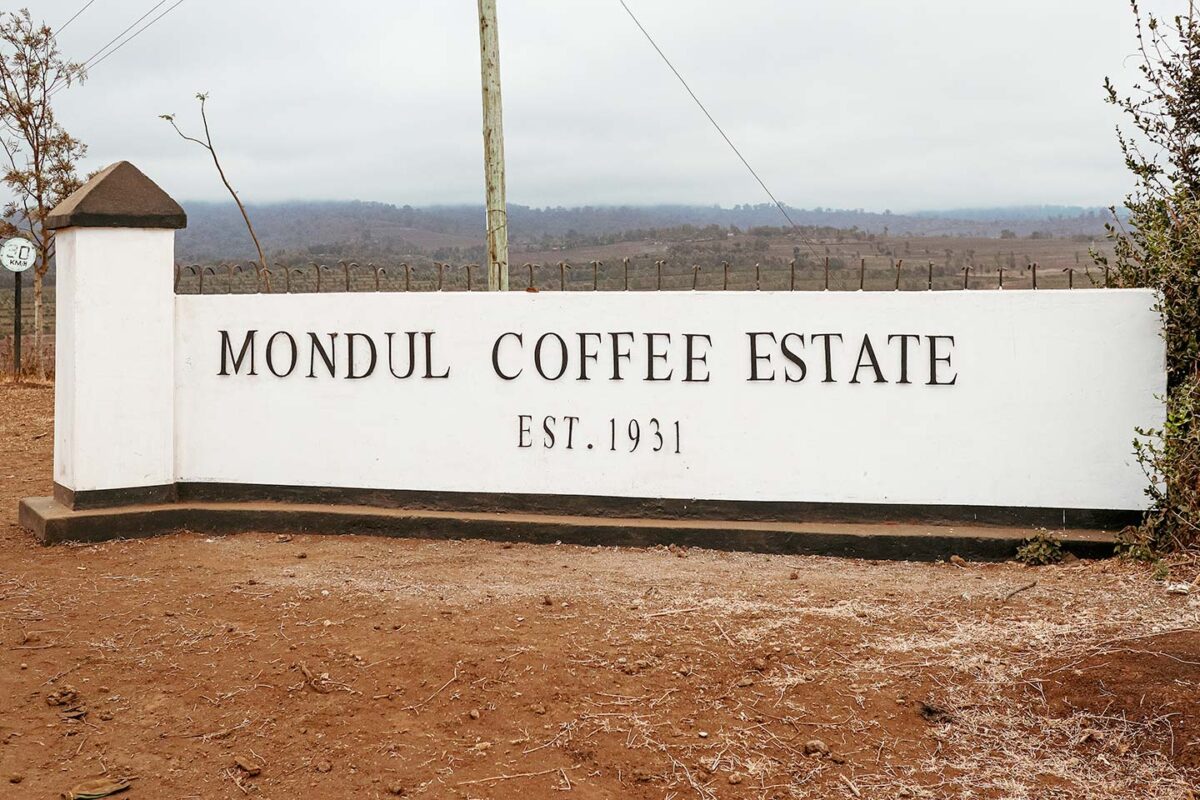
Mondul and Burka are long-established estates with rich histories; Mondul has been in business for over 90 years, and Burka for over 120 years. Both have a strong foundation and experienced executive staff. However, in order to stay relevant in an ever-changing world, the two estates were looking for someone with a fresh perspective to join their team. Dean was the perfect fit – he is proficient in Swahili and brings a wealth of business management experience, even though he has no prior experience in the coffee industry.
“Sustainability and product quality have always been key priorities for the company, even before I joined. While I wholeheartedly embrace these values, I also wanted to contribute something new and innovative that would enhance the company’s value in my own unique way.
I believe that my diverse background – both professional and personal – set me apart from other candidates. Not only did I have experience in business management and team leadership from working for my father, but as a native of Arusha, I also had a deep understanding of the local community and the specific considerations that come with doing business in this region. Coffee knowledge can be acquired as you work, but management skills take time to develop. It takes years of practice to learn how to support and bring out the best in your team.”
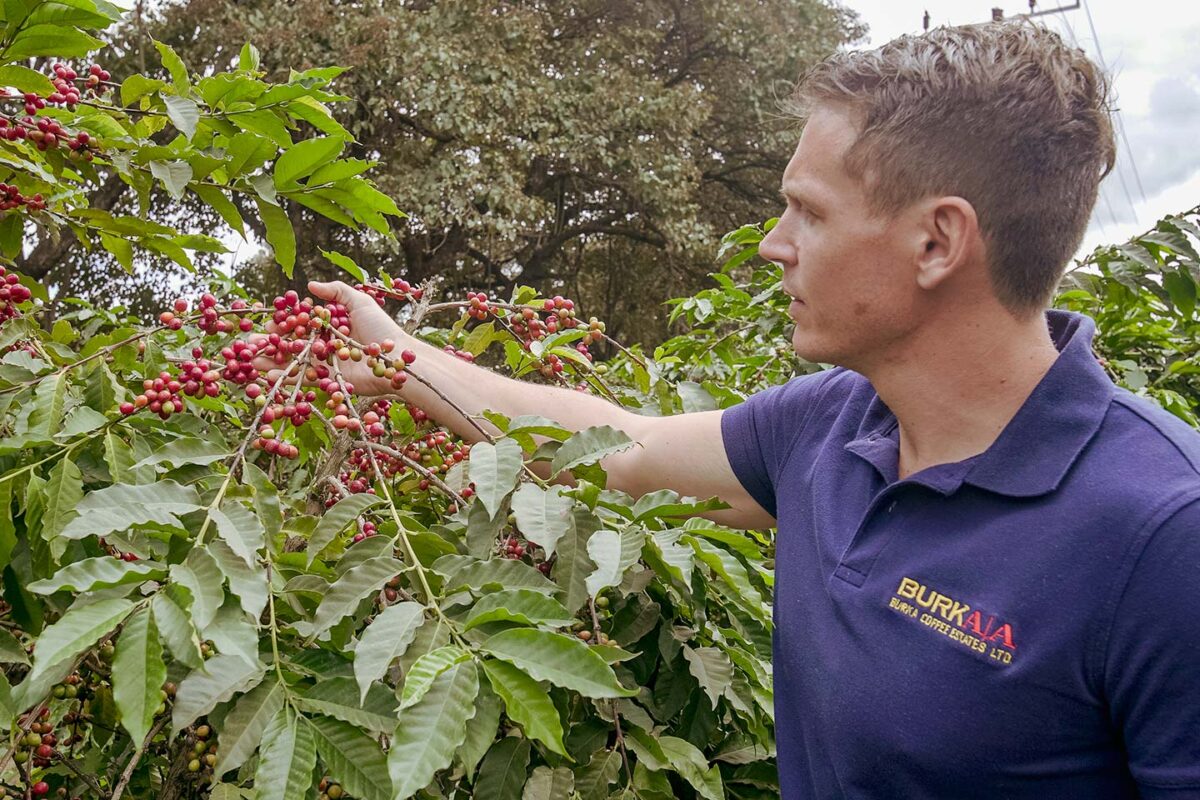
As the sole general manager in the organization and the youngest at the time, Dean had a lot on his plate from the beginning, including learning about coffee and agriculture and cultivating connections with employees and stakeholders. It was a tough but fulfilling journey.
“I believe that trust must be earned, so I make an effort to listen to and learn from front-line workers, who often have more practical knowledge than I do. I believe that it is the accumulation of these small, humble actions that has brought me to where I am today. That’s my personal motto: ‘If you want someone to trust and respect you, you have to work to earn it.’”

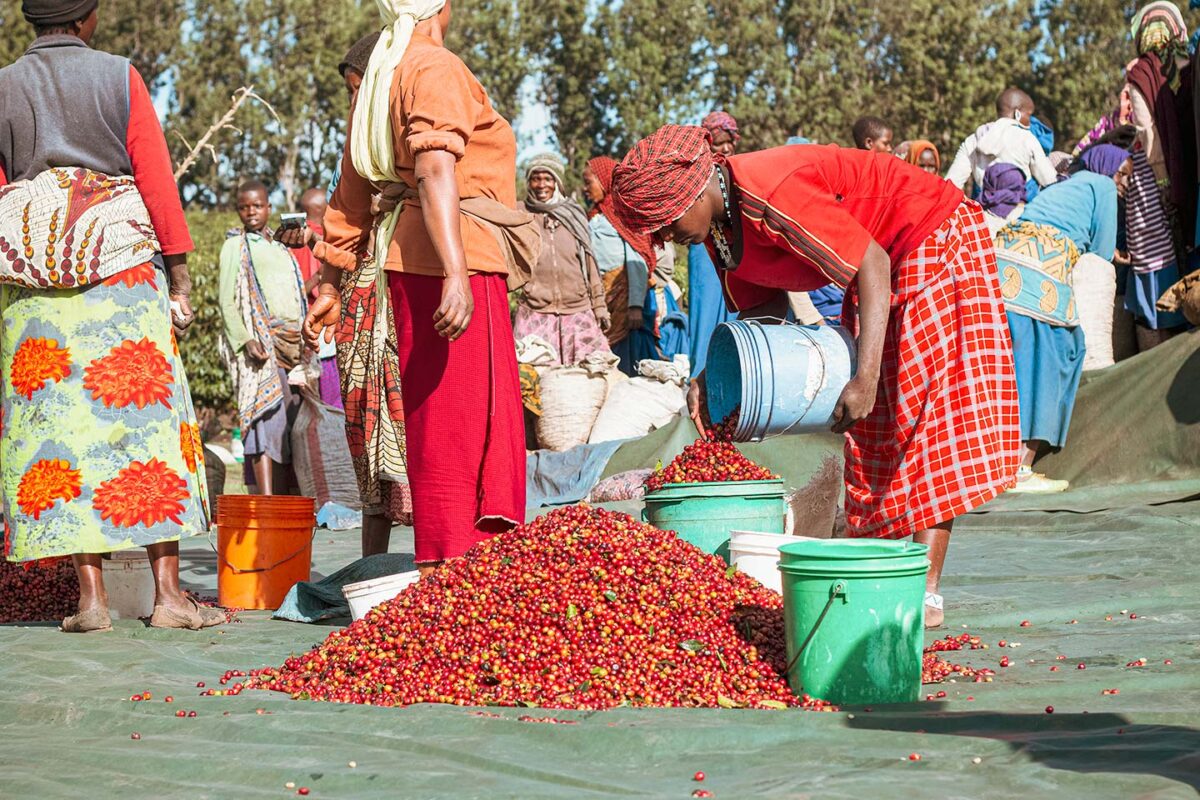
Creating sustainable business
During harvest season, Burka attracts a large number of seasonal workers seeking day labor as cherry pickers, even without posting formal job ads. At the height of the season, the estate receives up to 2,500 workers, partly due to its proximity to an urban center. At Mondul, meanwhile, seasonal laborers typically live on the premises for three to four months, with an average of 700 to 800 workers present on weekdays. The estate also provides transportation for workers commuting from nearby villages. All of these seasonal laborers are the primary breadwinners for their families.
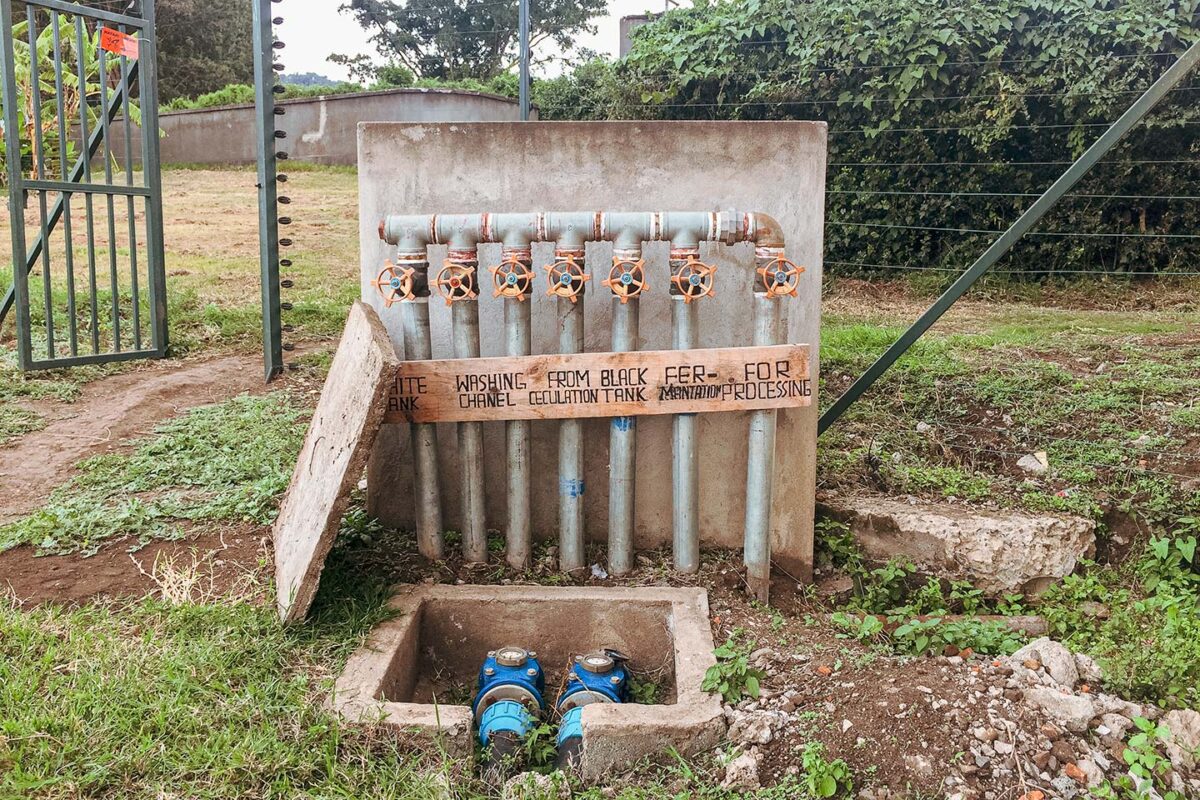
Coffee production is an integral part of local life, and Dean always keeps this in mind as he looks for ways to support the wider community beyond the estates. He is always on the lookout for opportunities to make a positive impact.
The estates earmark a portion of their annual budget for various projects that aim to improve the living standards of the local community. These initiatives include restoring water pipes destroyed by elephants and buying building materials for the construction of clinics, and providing desks, pens and pencils to local elementary and middle schools.
“Access to water is a major concern for Mondul,” Dean says. “The estate has only one water source in the mountains, and it’s normally used for the wet mill and for the daily needs of local villagers. So we allocated significant funds to build a large reservoir last year and add another one this year. Even with these efforts, Modnul still lags behind Burka in terms of water availability. The hope is that the rainwater stored in these reservoirs can be used to irrigate the estate and surrounding areas. We are also considering the possibility of drilling for additional water sources.”
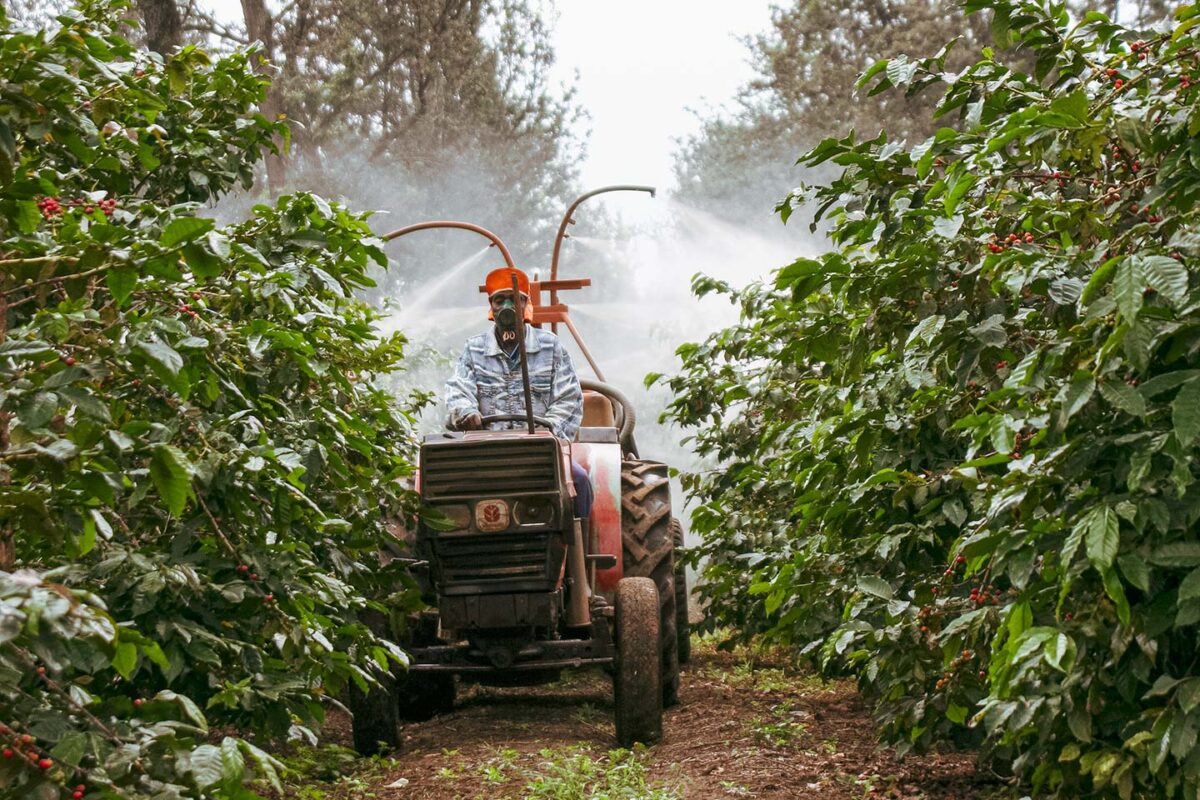
Mondul and Burka have created an organic pesticide by mixing plants native to their estates, including neem extracts and chili peppers, with water. This allows them to effectively deter insects that would harm their coffee trees and cherries while minimizing harm to the environment and the employee handling the pesticides.
Another challenge for the estates is finding ways to maintain both financial success and environmental sustainability. Issues abound, such as shrinking farming land due to population growth and irregular rainfall patterns from October to December because of climate change.
“Every year, we are making progress towards more sustainable, organic coffee production. We are constantly looking for ways to make our operation more environmentally friendly without sacrificing yield or quality. However, it’s important to remember that we are a business and need to continue making a profit for long-term sustainability.”

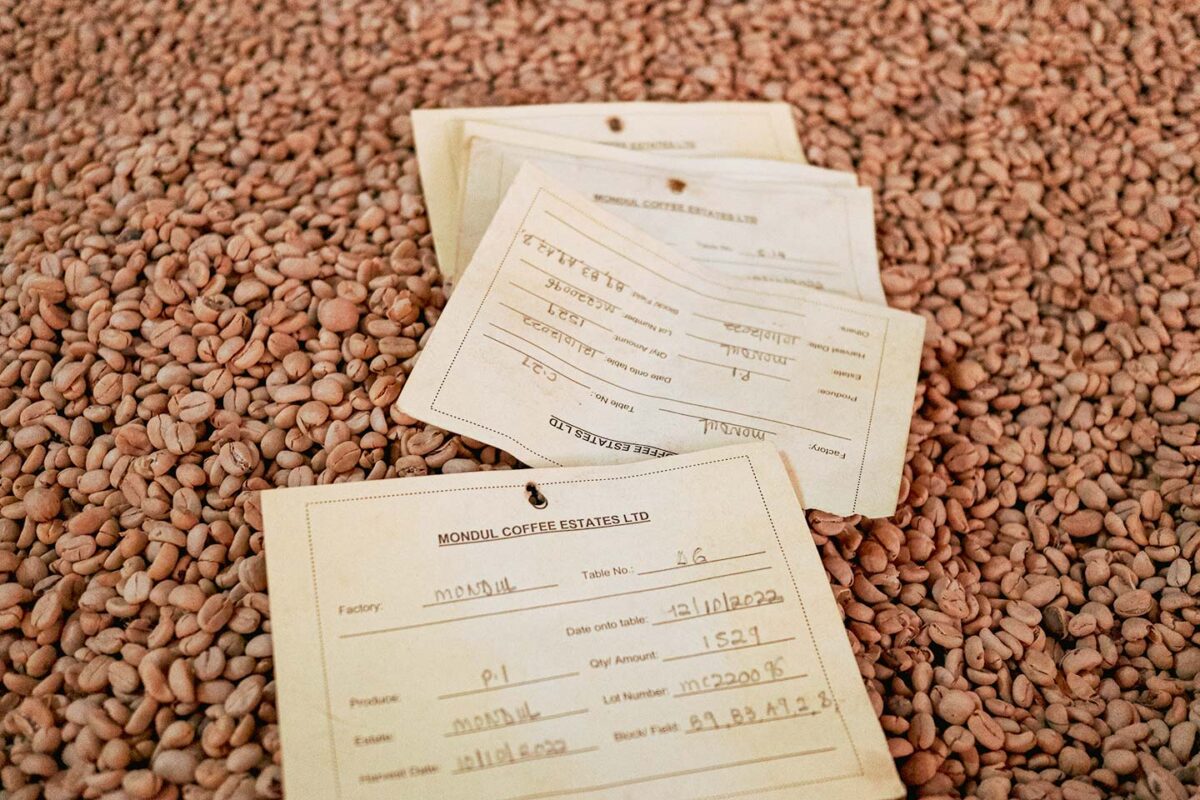
A desire to stay in the world of coffee
Recently, Dean has been more focused on producing coffee that meets the diverse needs of his clients, with the goal of building long-lasting relationships with them. Currently, 90% of his crop is washed, but he hopes that by increasing the proportion of sought-after carbonic maceration, natural, and honey coffees, he may be able to increase the volume of specialty coffee exports.
“If we have ongoing, direct relationships with clients, we can share our stories and work together.”
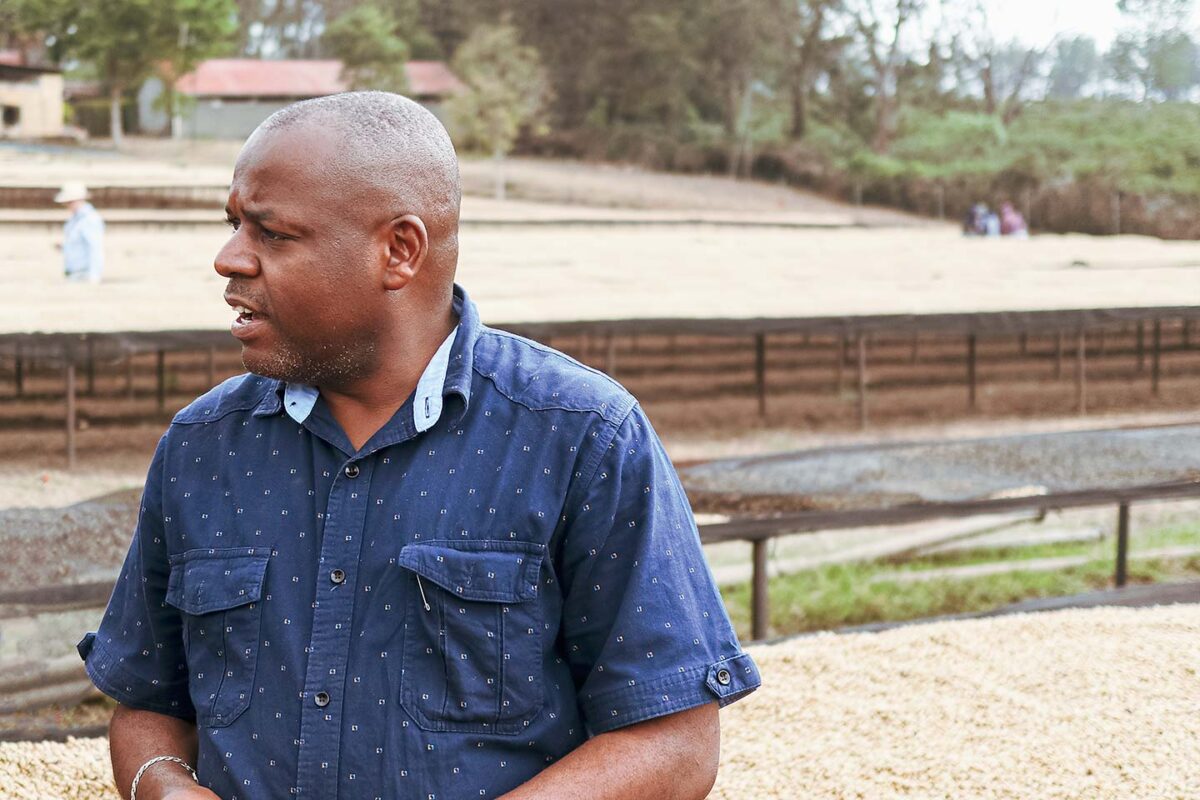
Coffee is a passion for Dean that helps him grow as a person, and he works to create an environment that supports the growth of everyone who works with him. He is proud of the low employee turnover rate and the experienced workforce, some of whom have been with the estates for over 40 years.
“Once you start working in coffee, you’ll start to want to stay in it. Every day brings something new. Each season brings a different flowering period, processing method or sales strategy. There is always room for improvement, and there are always new projects coming up. Nothing is boring. This variety keeps things interesting and motivates me.”

After seven years in the coffee industry, Dean now likes to have his coffee black, as he enjoys the ability to taste the various and subtle flavors. This is a departure from his previous preference for heavily sweetened and milky coffee.
“There are many intricate steps that go into a single cup of coffee. Now that I understand this, I am able to appreciate the complexity of coffee. Every time I have a cup, it reminds me of all the elements that contribute to its exceptional flavor.”
Text: Takuya Takemoto









